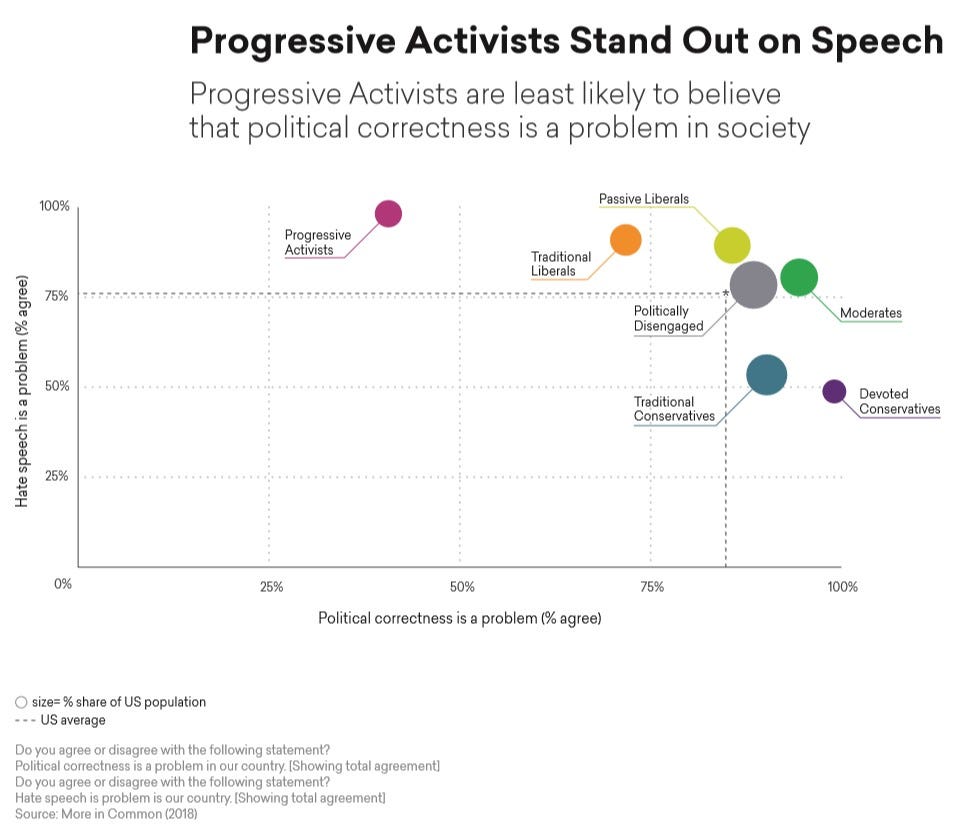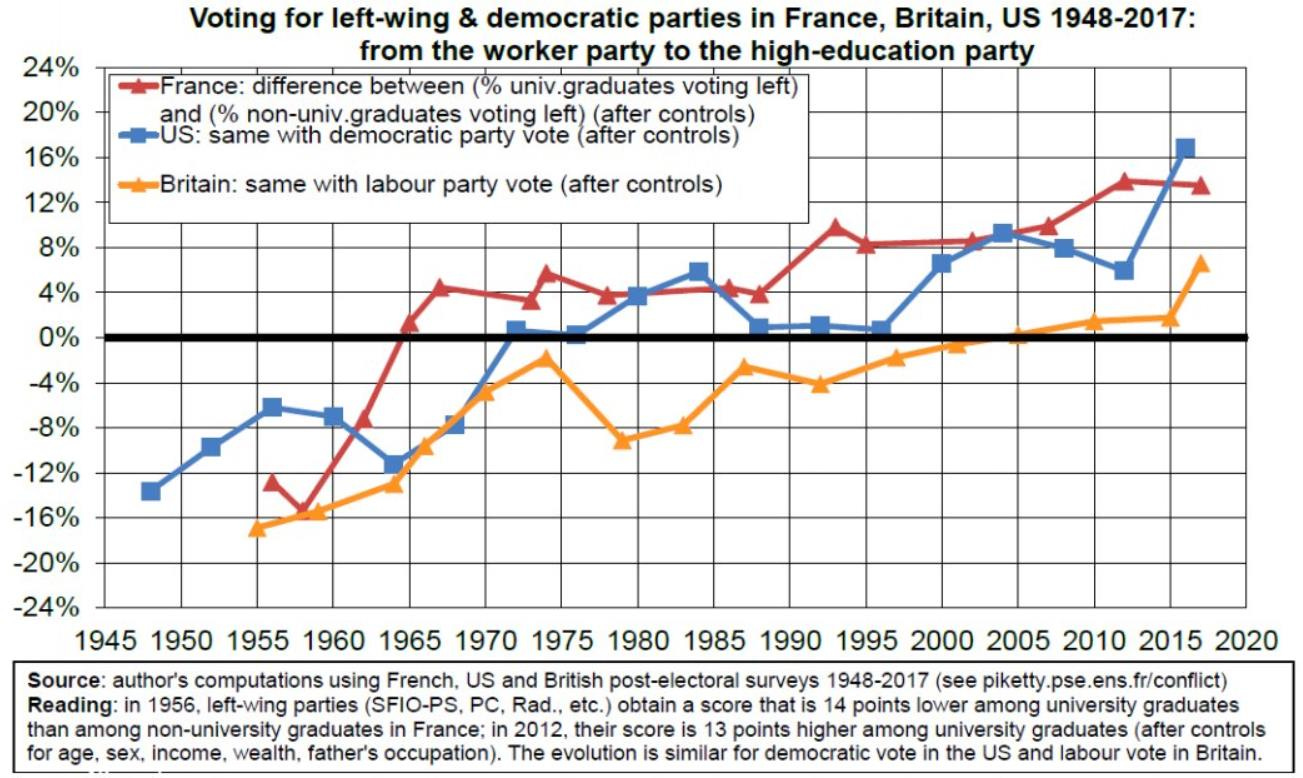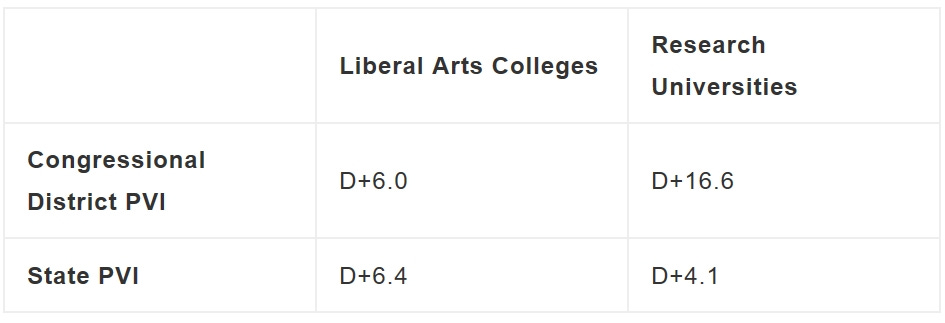“Disparate Impact” -- Part 9
A small minority within one political party is driving perceptions of ubiquitous and unending racism.
Many thanks to the great Professor Gail Heriot for mentioning this series on the Instapundit blog. Professor Heriot has been writing incisively about the dysfunctions caused by complaints of “disparate impact” and related issues for decades, including in her latest book (co-edited with Maimon Schwarzschild) called A Dubious Expediency: How Race Preferences Damage Higher Education.
To my knowledge, there hasn’t been recent polling on the general public’s views on the use and abuse of “disparate impact” claims in particular, but there’s evidence that a relatively small minority within one American political party (the Democratic Party) is driving the sort of false perception (namely, that racism in America is ubiquitous and unending) that drives the use of disparate impact claims. As of a few years ago, for example, when it comes to perspectives on race, white liberals had opinions on whether discrimination is a factor holding back black advancement that were much to the left of the opinions of blacks themselves. Among white liberals, according to Pew survey data collected in 2017, 79 percent agreed that “racial discrimination is the main reason why many black people can’t get ahead these days,” and only 19 percent agreed that “blacks who can’t get ahead in this country are mostly responsible for their own condition.” Among blacks, however, only 60 percent identified discrimination as the main deterrent to upward mobility for blacks, and 32 percent said blacks were mostly responsible for their condition.
Pointing out that various disparate impacts among people grouped by race are much better explained by forces other than racism is often considered “politically incorrect.” But it’s only the progressive activists within the Democratic Party, who tend to dominate Democratic Party politics, who are much less likely than all other political orientations to believe “political correctness” is a problem in society.
A 2018 National Public Radio survey shows majority opposition to “political correctness” generally, including majority opposition among independents and Latinos, but majority support for “political correctness” among Democrats.
At the same time, Thomas Piketty has shown that the Democratic Party in America (as well as the left-wing parties in France and Britain), have gone from largely representing working class people to largely representing university graduates and the urban areas that tend to be dominated by left-wing, progressive-oriented universities and other elites.
This follows the long trend in which the Democratic Party has become dominated by urban, predominantly liberal, voters. And the leading institutions in higher education – especially those that train future faculty– are located in places far more Democratic (and far more liberal) than the nation as a whole. (In the table below, “PVI” stands for the Cook Partisan Voter Index.)
This concludes this series of essays on “disparate impact.” In the next series of essays, we’ll explore recent data on the decreased prevalence of racism.
Links to all essays in this series: Part 1; Part 2; Part 3; Part 4; Part 5; Part 6; Part 7; Part 8; Part 9








Brilliant. Just debating some coastal liberals rejecting my point that the Democrat party in the US has left the working class.